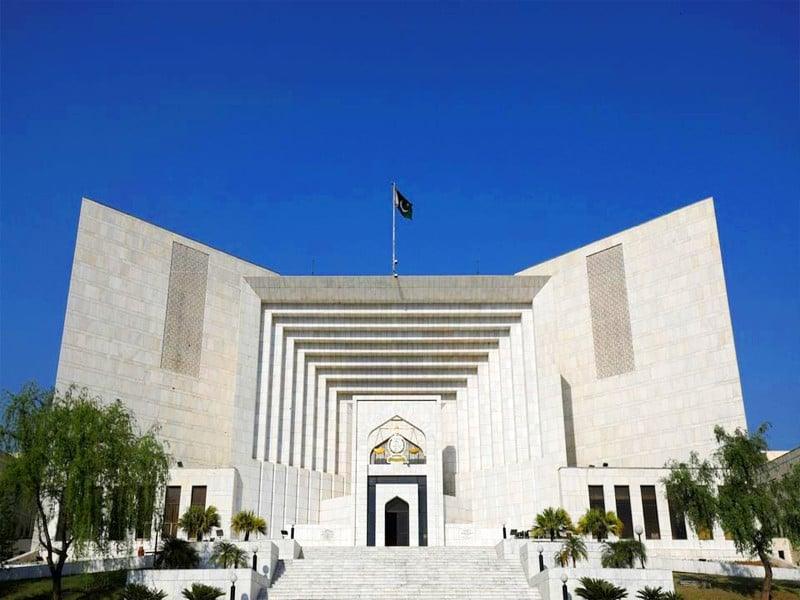A bench of seven members of the Supreme Court of Pakistan, led by Judge Amicin Khan, resumed the hearing on calls on Tuesday against the trials of the military courts of civilians following the violence of May 9.
During the hearing, judge Jamal Khan Mandokhail questioned the importance of the trial jurisdiction, saying: “What difference does this make the trial occur here and there?”
Lawyer Faisal Siddiqi, representing the petitioners of civil society, argued that there is a clear difference between civil and military trials, declaring: “A trial is independent, the other is in the army.” He informed the court that out of 105 suspects, 20 had been released, while 66 stayed in detention.
The additional prosecutor general confirmed the figures, adding that 19 other suspects have been recently released.
The petitioners argue that civilian tests in the military courts violate the constitutional guarantees of a fair trial.
The hearing was postponed tomorrow.
Previously, judge Mandokhail said on Wednesday that the five judges of the Supreme Court were unanimous in their decision that civilians could not be tried before the military courts.
He made these remarks at last week’s hearing about an intra-cout call contesting the civil trials in the military courts. Judge Mandokhail is part of a constitutional bench of seven members supervising the call, which also includes the Amin-Uud-Din Khan, Muhammad Ali Mazhar, Hassan Azhar Rizvi, Musarat Hilali, Naeem Akhtar Afghan and Shahid Bilal Hassan.
During the procedure, lawyer Faisal Siddiqui argued that there had been three separate decisions of a bench of five members concerning the military courts.
He pointed out that judges Ayesha Malik, Muneeb Akhtar and Yahya Afridi had written individual decisions, but all the judges agreed on basic observations. Siddiqui stressed that when the decisions of the judges align but their reasoning differs, all the reasons are considered to be part of the global decision.
However, he argued that all judges agreed on the key issue that civilians should not be tried under military jurisdiction.




